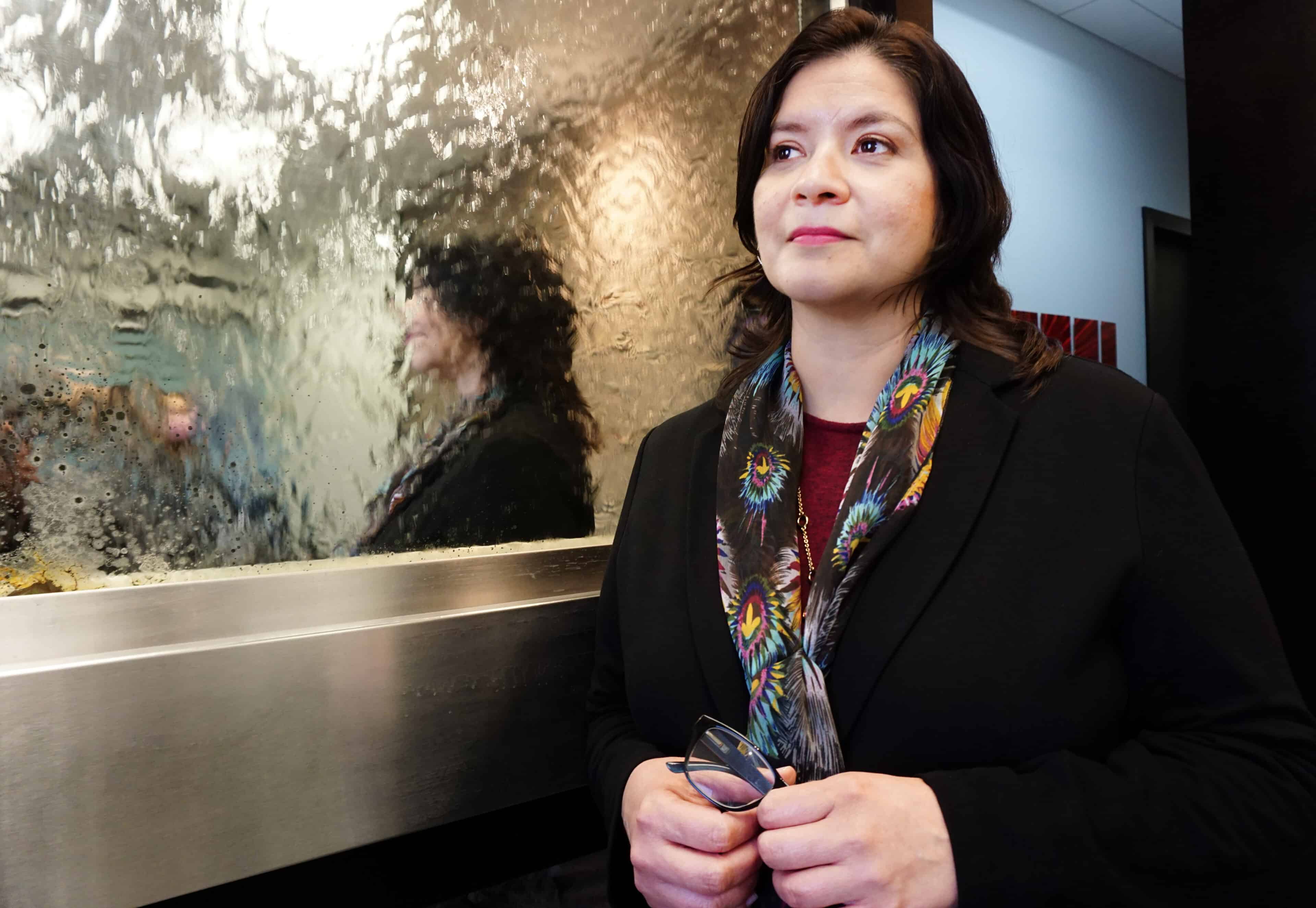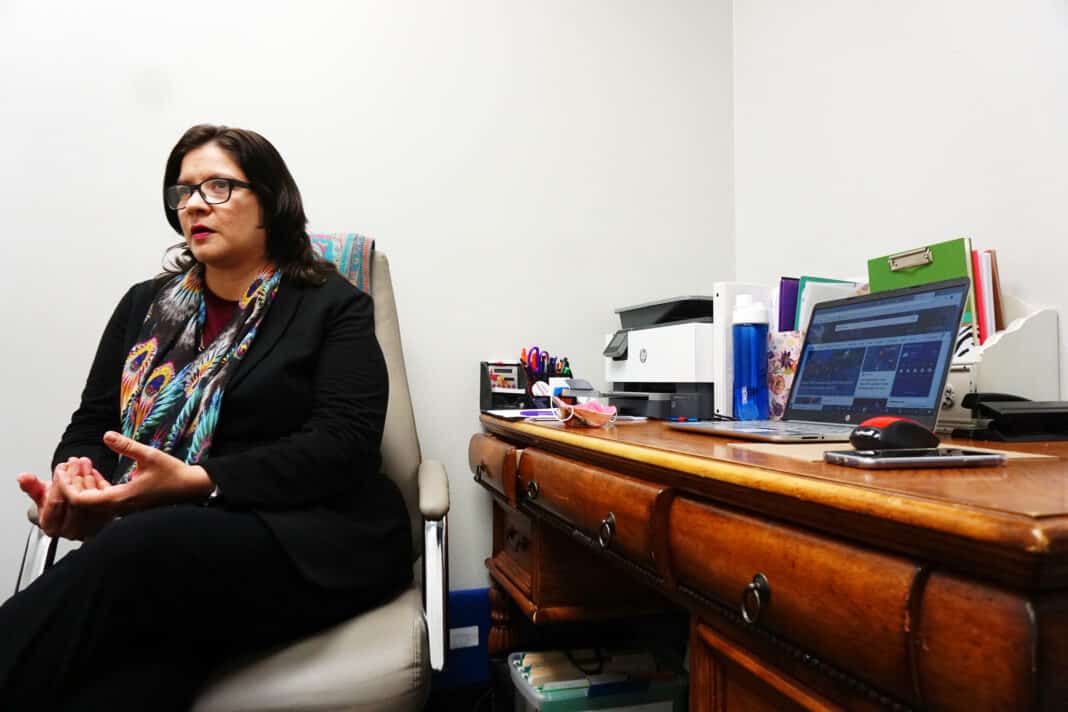BROWNSVILLE — With over 425,000 deaths due to COVID-19 in the United States alone, and the numbers steadily climbing, Americans throughout the country are struggling to cope with the stress caused by the pandemic.
With cases of anxiety and depression continuing to spike, half of U.S. adults surveyed by the medical journal JAMA Network Open reported at least some signs of depression, such as hopelessness, feeling like a failure or getting little pleasure from doing things, the Associated Press reported. Doubling the rate from another survey in 2018.
“Before COVID-19, the most prevalent issues that came to our office were anxiety, depression, trauma — which often times people don’t identify as trauma — panic attacks, and just coping. It was a lot of anxiety, a lot of different situations and depression,” Dr. Elizabeth Tamez, a licensed psychologist in Brownsville, said.
“Now, one of the things that people are seeing more is the finances; economic struggles. That is something that’s really affecting people. The uncertainty of what they’re going to do for money. There’s also fears, a lot of people have friends, family, who have had COVID or have passed away with COVID and we see the fears with that. People don’t wanna go out, people want to come in but they have to wear a mask and they have a hard time wearing that mask, they just avoid going and want to stay home because there’s that fear.”
Tamez said some of her patients are stressed about not knowing when this pandemic is going to be over. She said some patients have learned to adapt and prefer telehealth but there are others who just need the person-to-person connection. Her office had to close for a few months when the pandemic hit Brownsville the hardest but now most of her patients prefer in-person sessions.
“The stress, the uncertainty of not knowing when this is going to end and how this is going to end, and how we are going to be affected when this is all over,” she said. “The interesting thing is that some people with anxiety have actually found some relief in this, because people with anxiety tend to get very anxious in social settings such as going to stores, going out and visiting family, so there’s kind of a paradoxical thing there.”
When asked if she thinks Brownsville, one of the poorest cities in the country, has been hit differently than other parts when it comes to mental health, she said COVID-19 does not discriminate and she thinks it is really affecting everyone’s mental health, no matter their economic status.

“I would say that COVID doesn’t discriminate, it really gets everybody, no matter what economic status they have,” she said. “Even though we have been hit hard I know there are other areas that have been hit harder than we have.”
Tamez advises those dealing with stress related to the pandemic to practice mindfulness. Mindfulness is the basic human ability to be fully present, aware of where we are and what we’re doing, and not be overly reactive or overwhelmed by what’s going on around us, according to mindful.org.
“The main concept of mindfulness is focus on where you are today. If you think about how long do we still have to get through all of this, that’s going to feel overwhelming. If we think of all that time as a whole, it seems like we have a long way to go,” she said.
“So, I stress to focus on today. Get through today, get through this week, get through two weeks, two weeks turn into a month and then the month has passed and look at how far we’ve gone already, it’s been over a year. I also stress to focus on the things that we can control, what are the positive things? What have you been able to manage? Focus on the positives and on keeping safe day by day.”




